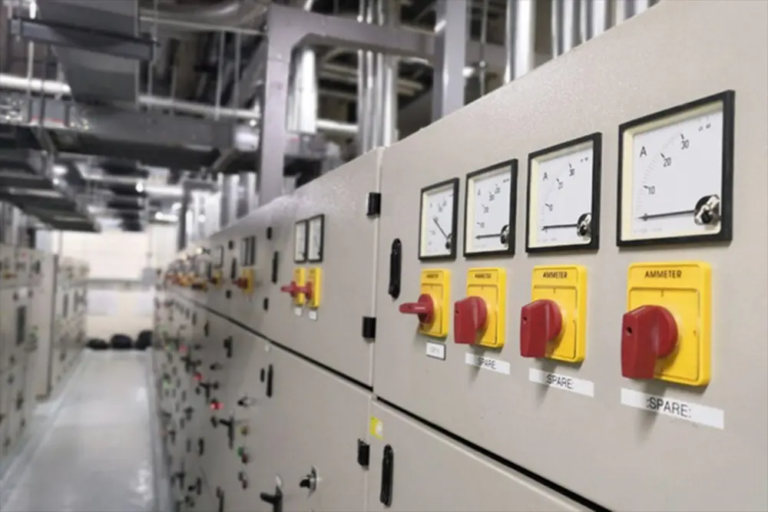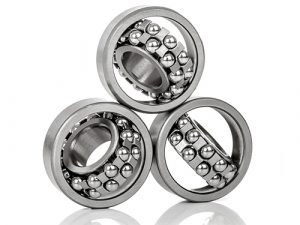Efficiency in sourcing electrical control panels, particularly when it comes to components like analog PID controllers, cannot be overstated. By refining this process, companies can save time, reduce costs, and enhance the overall quality of their products. Analog PID controllers, critical for managing the temperature, pressure, and flow rates in industrial processes, require careful consideration during sourcing to ensure they meet the specific control needs of a project.
A streamlined sourcing procedure guarantees that these sensitive components and all necessary parts are delivered on time and meet the expected quality standards, ultimately impacting the project’s success. Here is how to do it:
Establishing Clear Specifications
The initial step in streamlining the sourcing process is to establish clear specifications. These guidelines dictate the standards and requirements for the electrical control panels, ensuring all stakeholders understand the needs clearly. Precise specifications serve as a reference, reducing the likelihood of miscommunication and errors.
Choosing Reputable Suppliers
Selecting reputable suppliers is critical. A reliable supplier will have a proven track record of delivering quality components on schedule. Building a strong relationship with such suppliers ensures that they understand your requirements and can provide customized solutions when needed.
Leveraging Technology for Better Management.
Advancements in technology offer tools for better sourcing process management. Utilizing software for inventory management, order tracking, and communication can significantly enhance efficiency. This digital approach allows for real-time updates and reduces manual errors.
Implementing Standardized Processes
Standardization is a powerful tool for streamlining operations. By establishing standardized sourcing procedures, organizations can ensure consistency and repeatability. This speeds up the sourcing process and makes it easier to train new staff and maintain quality control.
Negotiating Strategic Partnerships
Creating strategic partnerships with suppliers can lead to better terms and priority service. These relationships are built on mutual trust and the understanding that both parties benefit from streamlined operations. In the long term, such partnerships can lead to improved services and cost savings.
Maintaining Quality Checks
Quality checks are a non-negotiable part of the sourcing process. Implementing stringent quality assurance protocols ensures that every component meets the required standards before it’s integrated into the control panel. This minimizes the risk of future failures or safety issues.
Managing Inventory Efficiently
Efficient inventory management is pivotal for streamlining the sourcing process. Keeping track of stock levels and predicting future needs helps avoid last-minute rushes and ensures components are available when needed. This foresight helps in maintaining a balance between excess inventory and potential shortages.
Ensuring Continuous Improvement
The sourcing process should be dynamic, with continuous improvement as a key objective. Companies can adapt to changing markets and new technologies by regularly reviewing and optimizing procedures, further enhancing efficiency.
Adhering to Compliance and Safety Standards
Lastly, adherence to compliance and safety standards is essential. The sourcing process must align with industry regulations and safety guidelines to avoid legal issues and ensure the end-users’ safety. Compliance is a legal requirement and a testament to the company’s commitment to quality.
Conclusion: the Path to Enhanced Efficiency
In conclusion, streamlining the sourcing process for electrical control panels is a multifaceted endeavor. It requires attention to detail, a commitment to quality, and a willingness to embrace new technologies and practices. By following the outlined practices, companies can achieve a more efficient and reliable sourcing process, leading to better products and higher customer satisfaction. The journey toward enhanced efficiency is ongoing, and those who consistently seek improvement will remain competitive in this dynamic industry.







